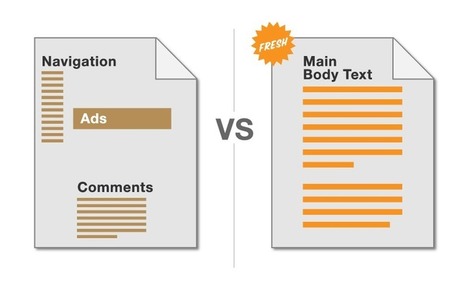The implication is that Google measures all of your documents for freshness, then scores each page according to the type of search query.
Singhal describes the types of keyword searches most likely to require fresh content:
Recent events or hot topics: “occupy oakland protest” “nba lockout”
Regularly recurring events: “NFL scores” “dancing with the stars” “exxon earnings”
Frequent updates: “best slr cameras” “subaru impreza reviews”
Google may determine exactly which queries require fresh content by monitoring the web and their own huge warehouse of data, including:
Search volume: Are queries for a particular term spiking (i.e. “Earthquake Los Angeles”)?
News and blog coverage: If a number of news organizations start writing about the same subject, it’s likely a hot topic.
Social media: A spike in mentions of a particular topic may indicate the topic is “trending.”
While some queries need fresh content, other search queries may be better served by older content.
Fresh is often better, but not always. (More on this later.)
Below are ten ways Google may determine the freshness of your content. Images courtesy of my favorite graphic designer, Dawn Shepard....



 Your new post is loading...
Your new post is loading...









Freshness of content is a deciding factor in Google page rank.